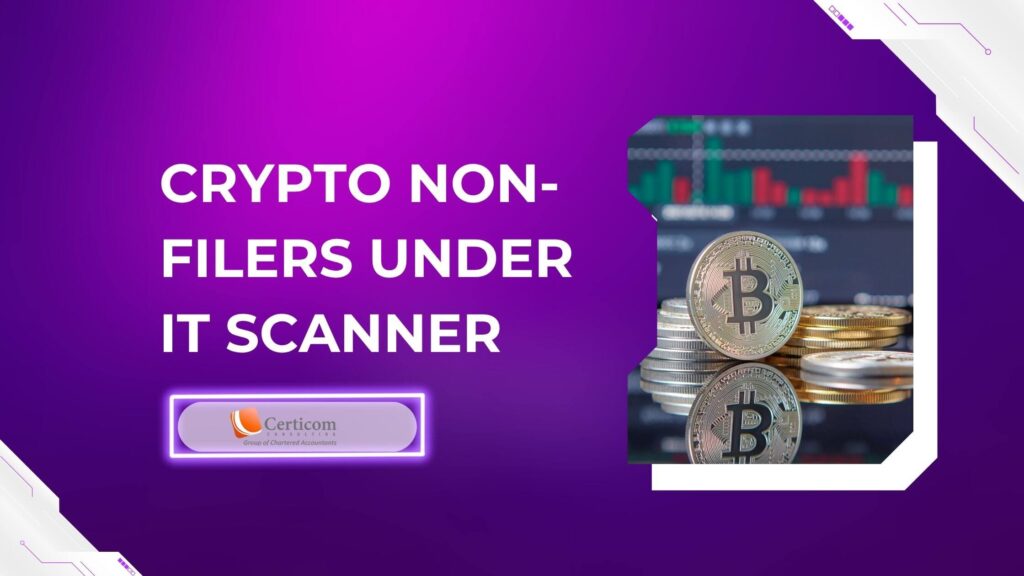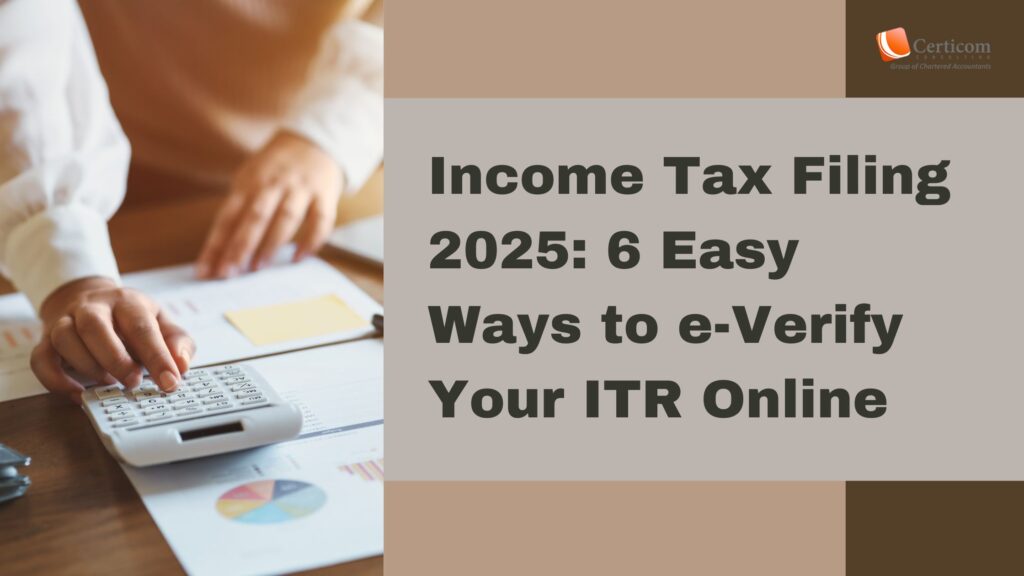Top 10 Tax Filing Rules for FY 2024-25

Filing your Income Tax Return (ITR) is more than just a statutory formality — it’s a crucial step for financial transparency, refund claims, and avoiding penalties. For the Financial Year 2024–25 (Assessment Year 2025–26), the Income Tax Department has introduced key rule changes that affect salaried employees, freelancers, business owners, NRIs, and even crypto investors.
Here’s a comprehensive breakdown of the latest ITR filing rules and compliance requirements every taxpayer must be aware of:
1. New Tax Regime Becomes Default Choice
Starting FY 2024–25, the new tax regime is the default option for all taxpayers unless they actively choose to switch to the old regime. This system offers lower tax rates but disallows common deductions such as those under Section 80C (e.g., LIC, PPF), HRA, and home loan interest.
What’s New:
Standard deduction raised to ₹75,000 (from ₹50,000).
Employer NPS contribution limit increased to 14%.
Section 87A rebate ensures zero tax up to ₹7 lakh income.
📝 Tip: If you have significant deductions (e.g., 80C, 80D, housing loan), evaluate both regimes before choosing.

2. More Detailed Disclosures for Deductions
ITR forms now require specific details for each deduction you claim. Supporting documentation is mandatory for every benefit availed.
Key Disclosure Updates:
Section 80C: LIC/PPF policy numbers & account details.
HRA: Rent amount, city category, landlord’s PAN (if rent > ₹1 lakh/year).
Section 80D: Health insurer name & policy number.
Loan Deductions: Account number, lender name, sanction date for education/home/EV loans.
✅ Ensure you collect all supporting documents before filing.
3. Capital Gains Filing Eased (Up to ₹1.25 Lakh)
Taxpayers earning long-term capital gains (LTCG) up to ₹1.25 lakh from listed equity shares or mutual funds can now file returns using ITR-1 or ITR-4 — simplifying the process for small investors.
Previously, even small gains required ITR-2, which was more complex.
4. Capital Gains Rules Split After July 23, 2024
A new set of rules applies for capital gains from July 23, 2024, particularly affecting unlisted debentures, bonds, and share buybacks.
Changes to Note:
Unlisted bonds sold on/after July 23 are now treated as short-term capital gains, regardless of holding period.
Buybacks from listed companies will be treated as dividend income, not capital gains.
5. Mandatory Crypto and Foreign Asset Reporting
All taxpayers must now disclose cryptocurrency transactions via Schedule VDA, even if no trading occurred this year.
Crypto Reporting Includes:
Dates of acquisition and sale
Cost & sale price
TDS deduction (1%)
Wallet or exchange used
If crypto is held in foreign exchanges, it must also be reported under Schedule FA (Foreign Assets).
⚠️ Non-disclosure can attract severe penalties. The Income Tax Department is actively issuing notices to past defaulters.
6. TDS Section & AIS Cross-Verification
ou must now specify the relevant TDS section (e.g., 194A for interest, 194H for commission) while claiming TDS credits.
The IT Department closely matches your ITR with your Annual Information Statement (AIS) — which includes:
Bank interest
Dividend income
Mutual fund activity
Foreign remittances
High-value purchases
🧾 Cross-check your ITR with your AIS to avoid mismatch notices.
7. PAN-Aadhaar Linking Now Mandatory
You can no longer file your return unless your PAN is linked with Aadhaar. Submission of Aadhaar Enrolment ID is no longer permitted.
An unlinked PAN is considered inactive, and filing can resume only after paying the penalty and restoring the PAN.
8. Expanded Limits for Presumptive Taxation
Freelancers and small business owners can now opt for presumptive taxation under relaxed limits.
New Thresholds:
Business turnover up to ₹3 crore (previously ₹2 crore)
Professional income up to ₹75 lakh (previously ₹50 lakh)
Cash transactions must be within 5% of total receipts
Presumptive tax allows declaring income at a fixed rate (6%/8% for businesses, 50% for professionals) without maintaining books.
9. Assets & Liabilities Reporting Limit Hiked
Schedule AL (Assets & Liabilities) is now applicable only for individuals whose annual income exceeds ₹1 crore, up from ₹50 lakh.
This move reduces the compliance burden on salaried individuals and middle-income earners.
10. New ITR Deadline: September 15, 2025
The due date for most taxpayers has been extended to September 15, 2025. However, delaying your return can still be costly.
Late Filing Consequences:
Penalty of ₹1,000–₹5,000 under Section 234F
Loss carry-forward benefits denied
Risk of refund delays and notices
⏳ Start early to ensure smooth filing and avoid last-minute errors.

Why Professional Help is Essential in 2025
The new ITR forms and tax rules bring more opportunities for savings — but only if handled correctly.
A professional tax consultant will:
Compare old vs new regimes to pick the optimal one
Ensure deduction claims are valid and supported
Accurately report capital gains, crypto transactions, and AIS items
Minimize chances of rejection, delay, or penalties
Why Professional Help is Essential in 2025
The new ITR forms and tax rules bring more opportunities for savings — but only if handled correctly.
A professional tax consultant will:
Compare old vs new regimes to pick the optimal one
Ensure deduction claims are valid and supported
Accurately report capital gains, crypto transactions, and AIS items
Minimize chances of rejection, delay, or penalties
Related Post
Crypto Non-Filers Under IT Scanner
Income Tax Filing 2025: 6 Easy Ways to e-Verify Your ITR Online
Book A One To One Consultation Now For FREE
How can we help? *



